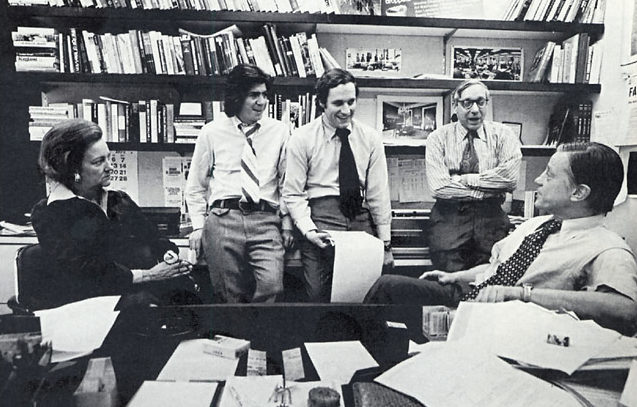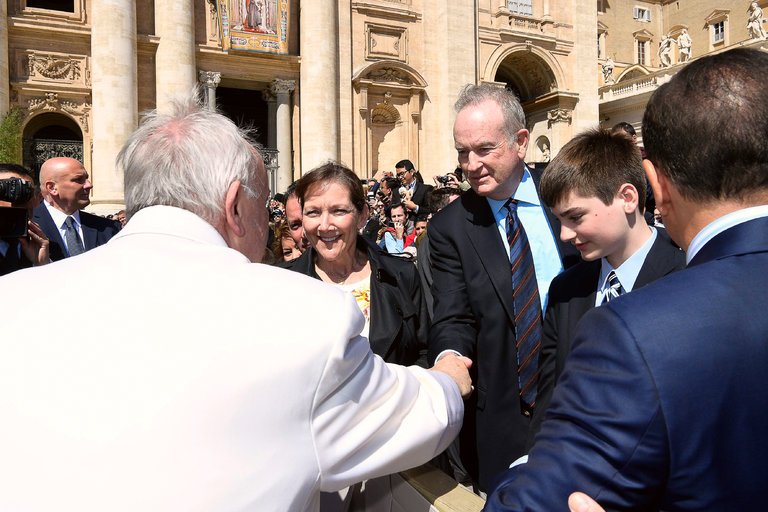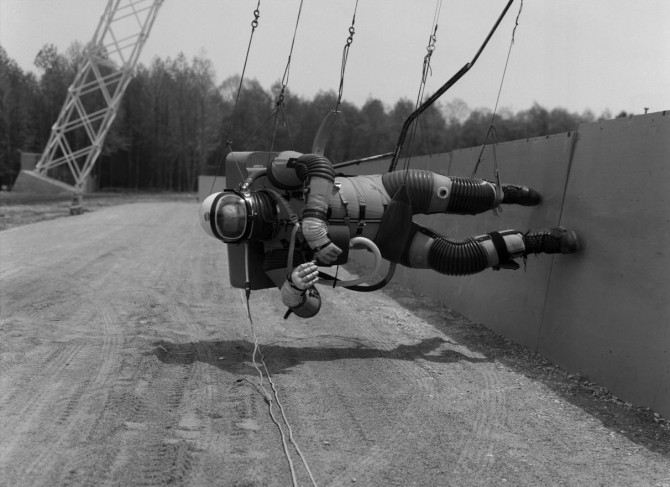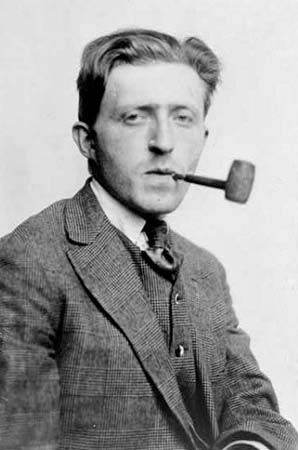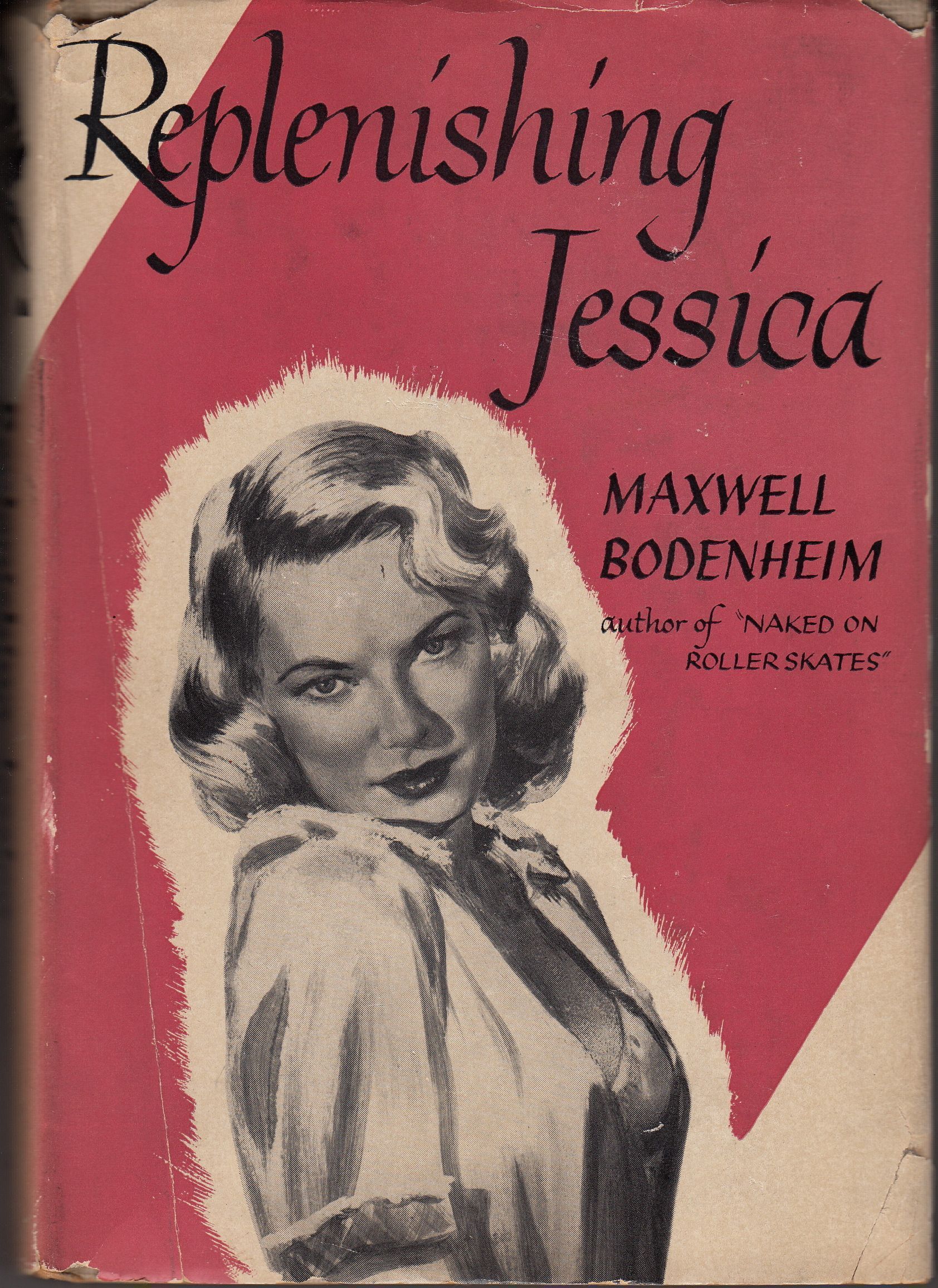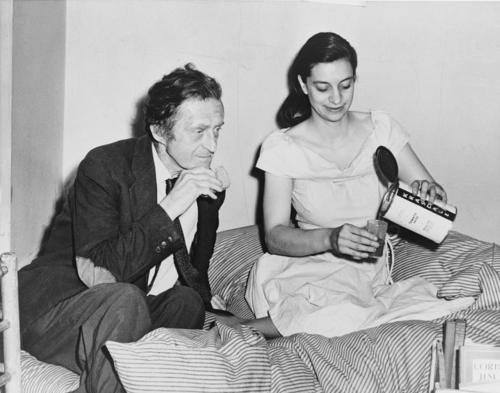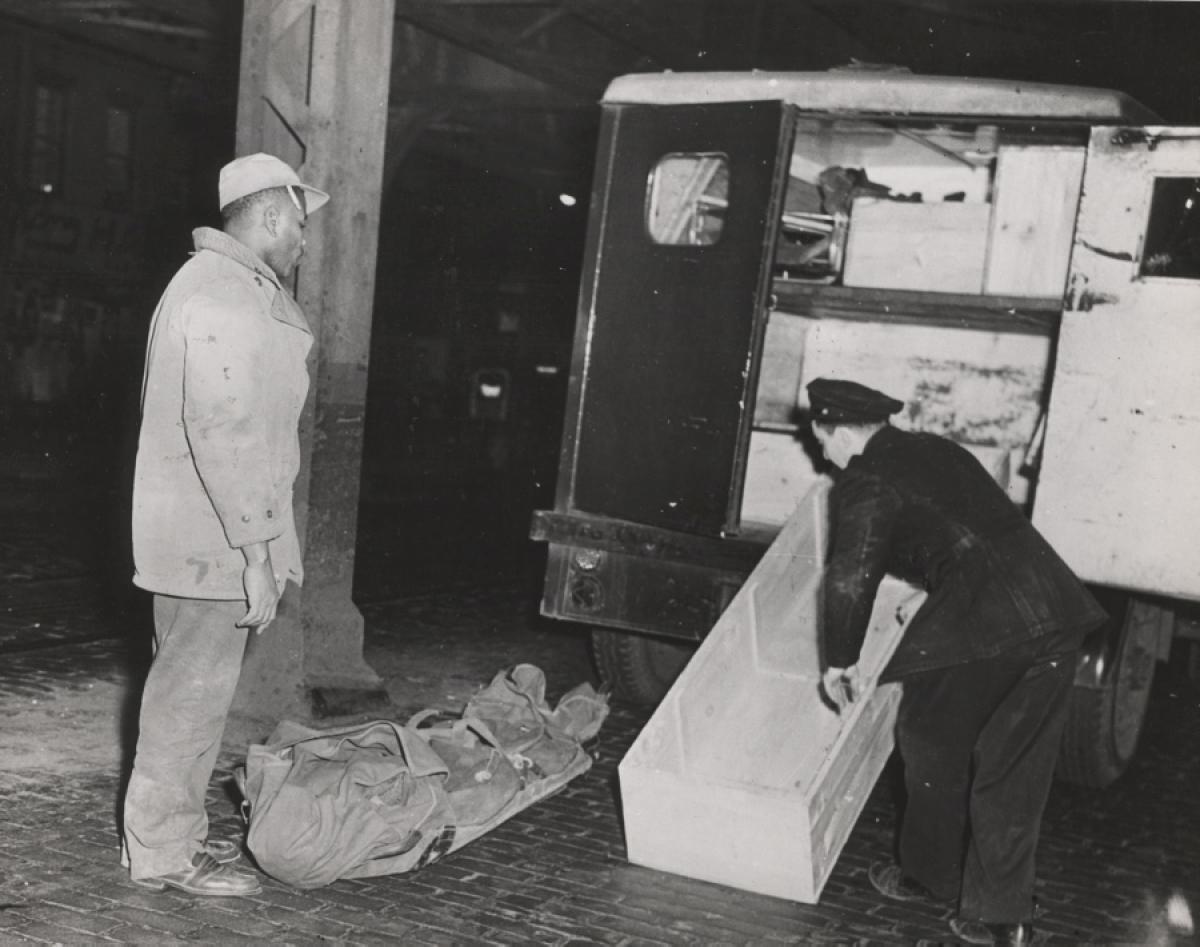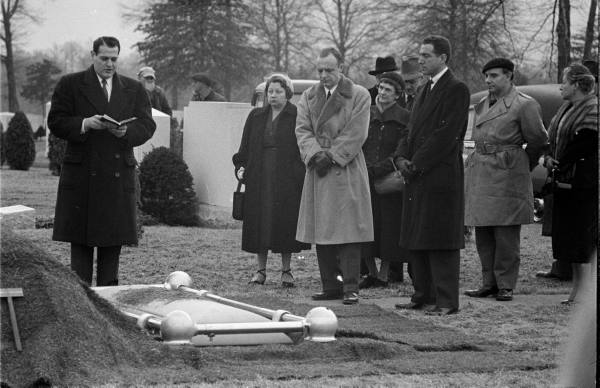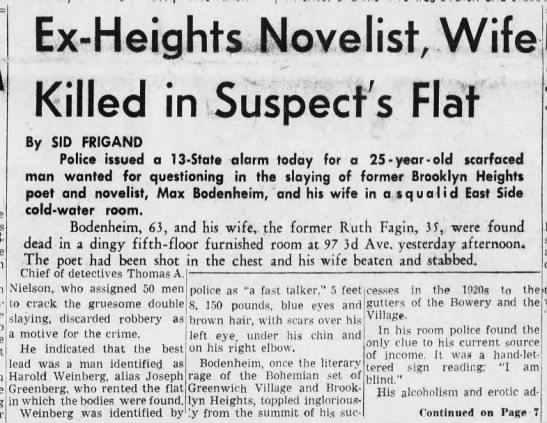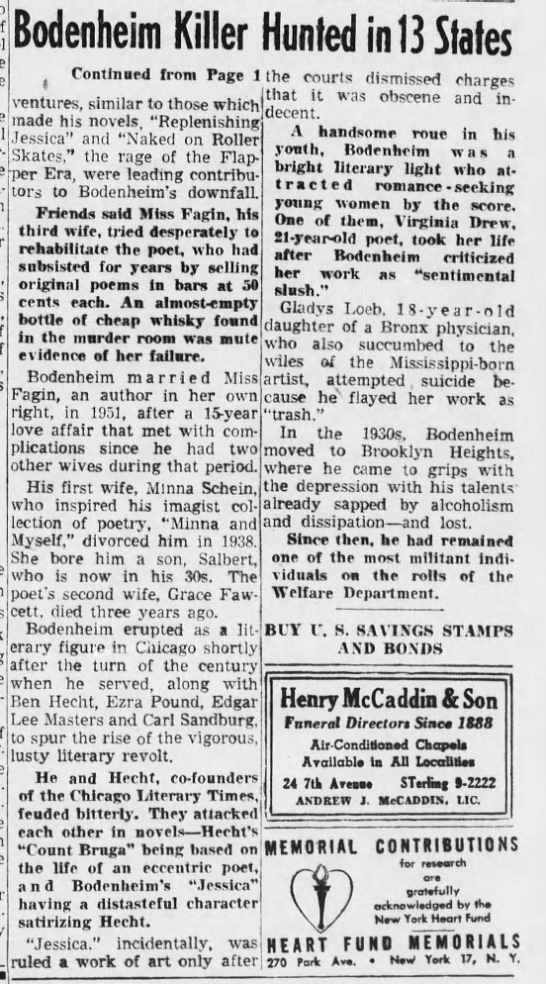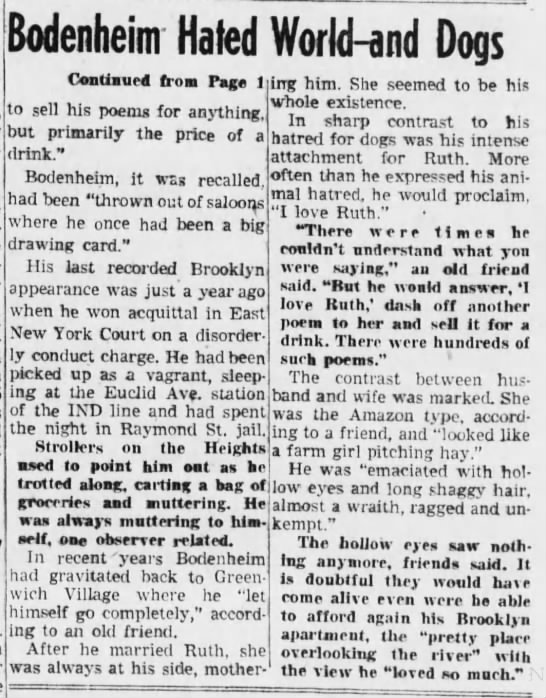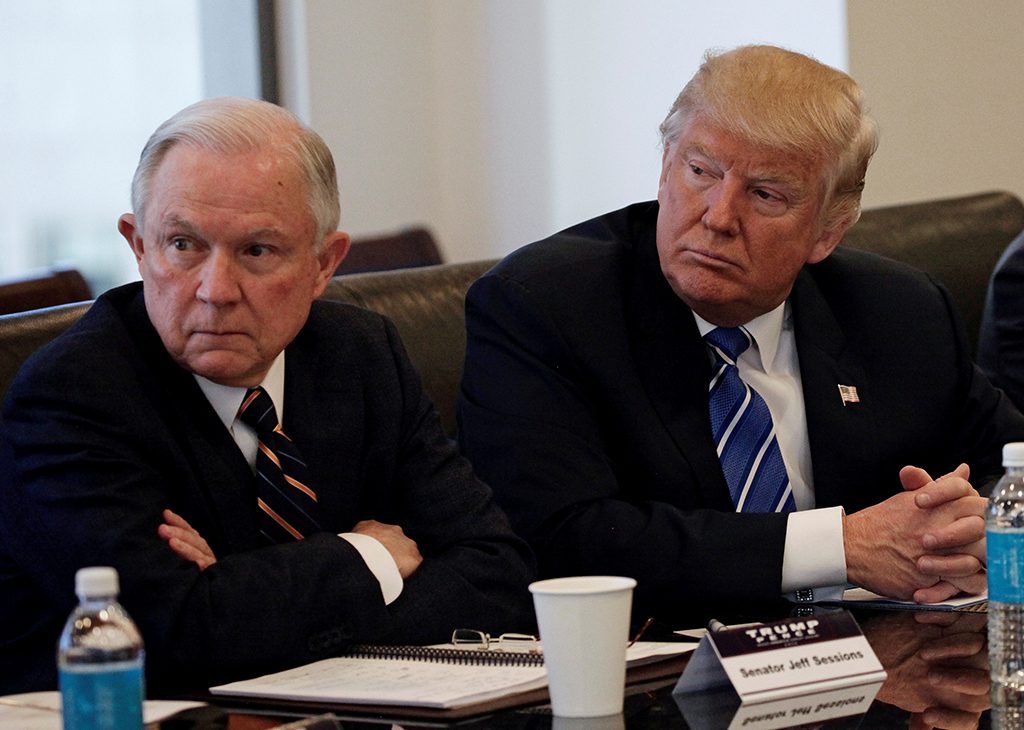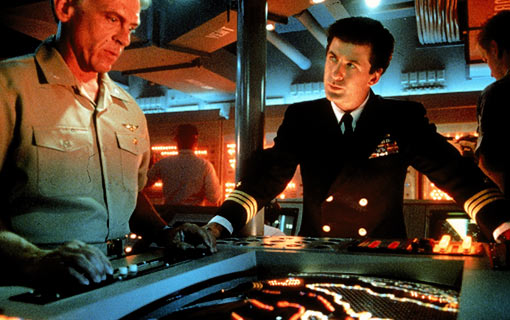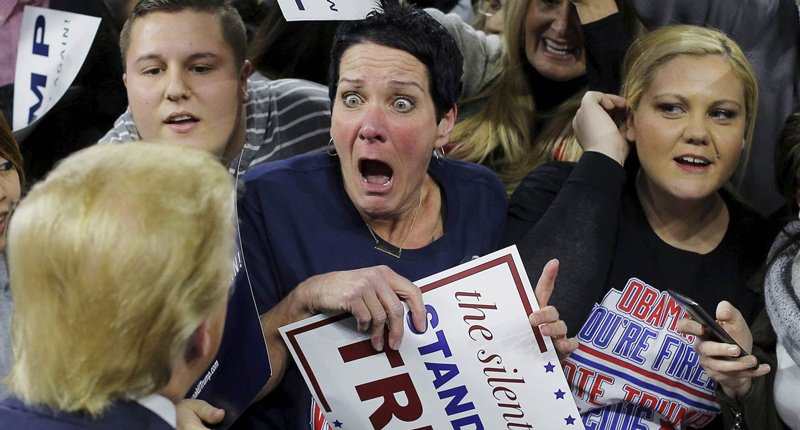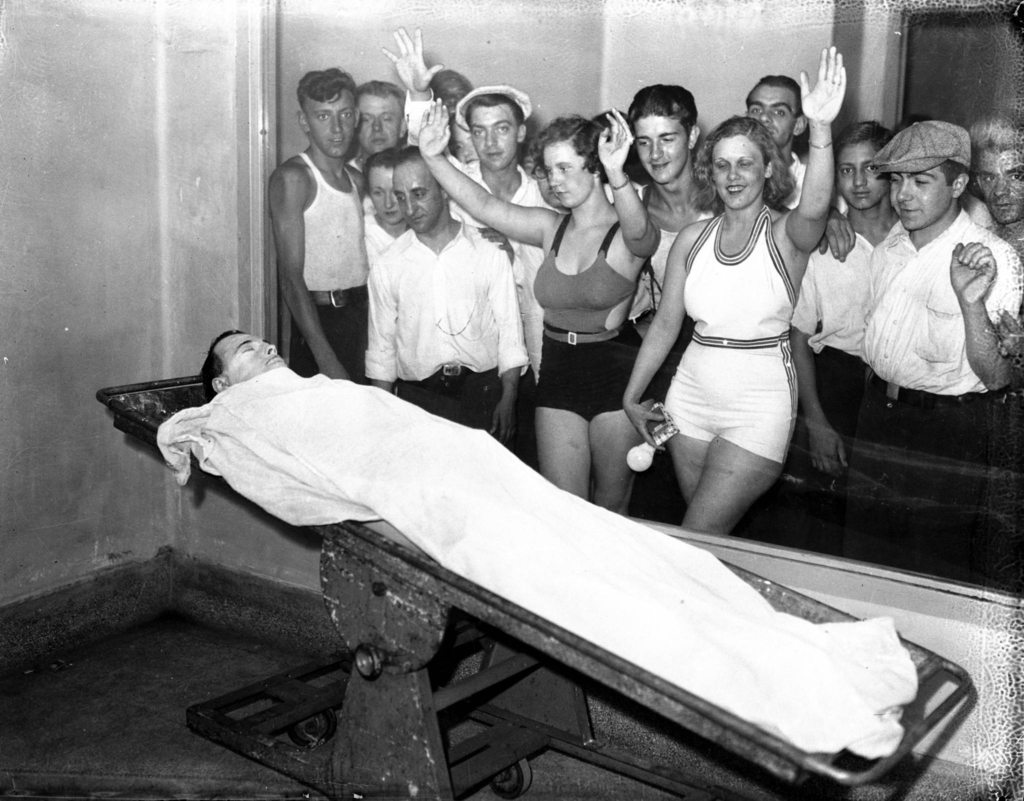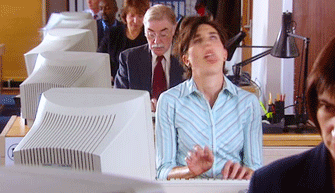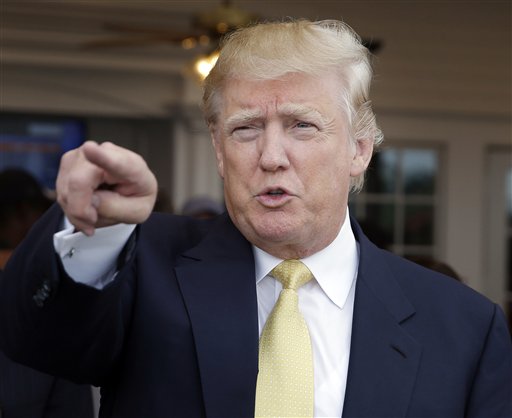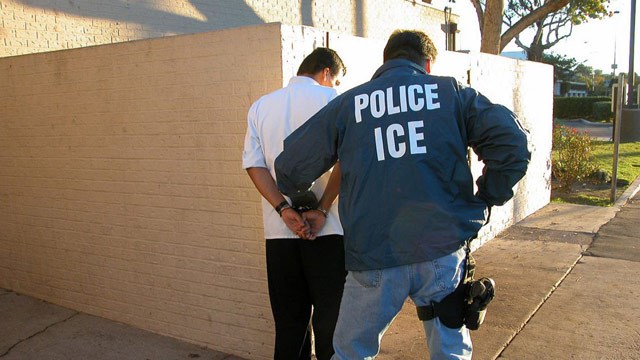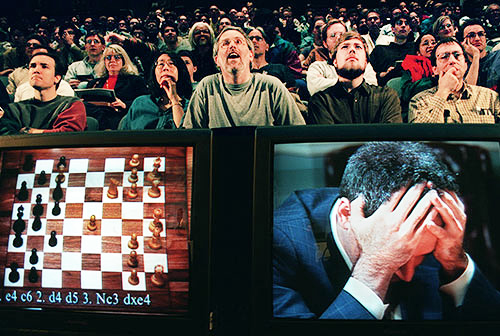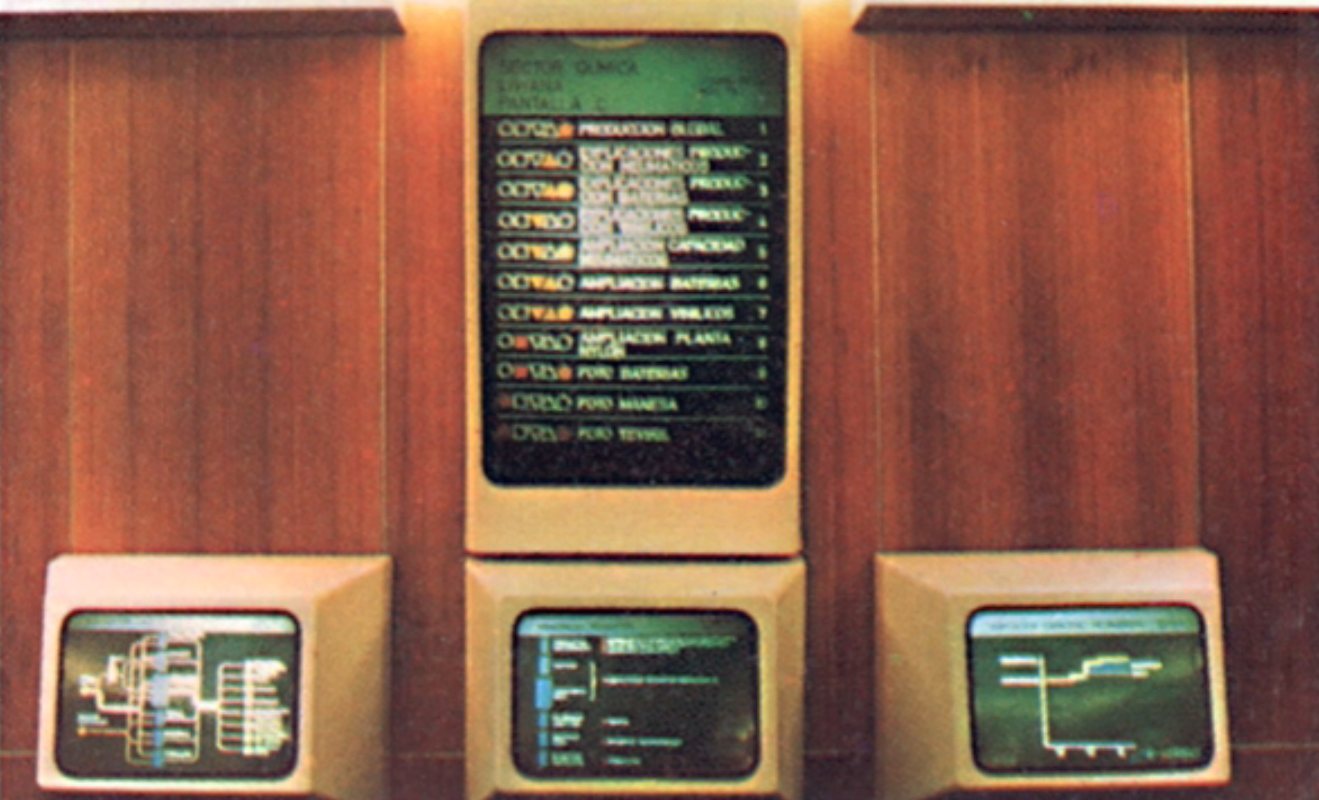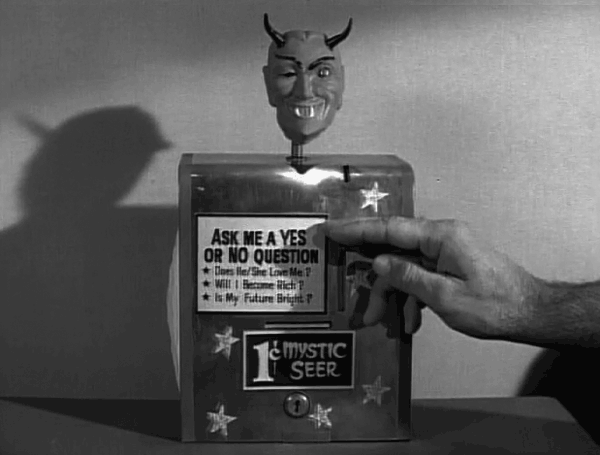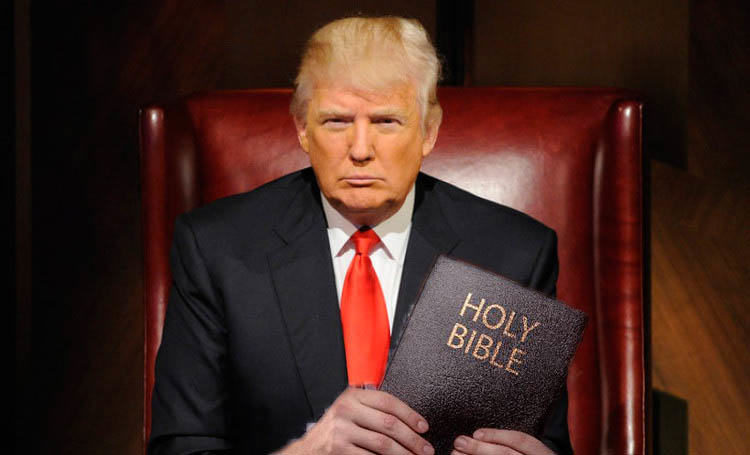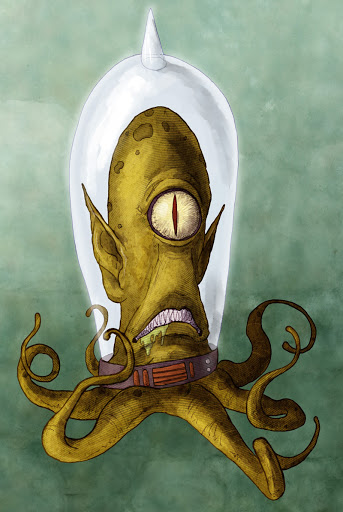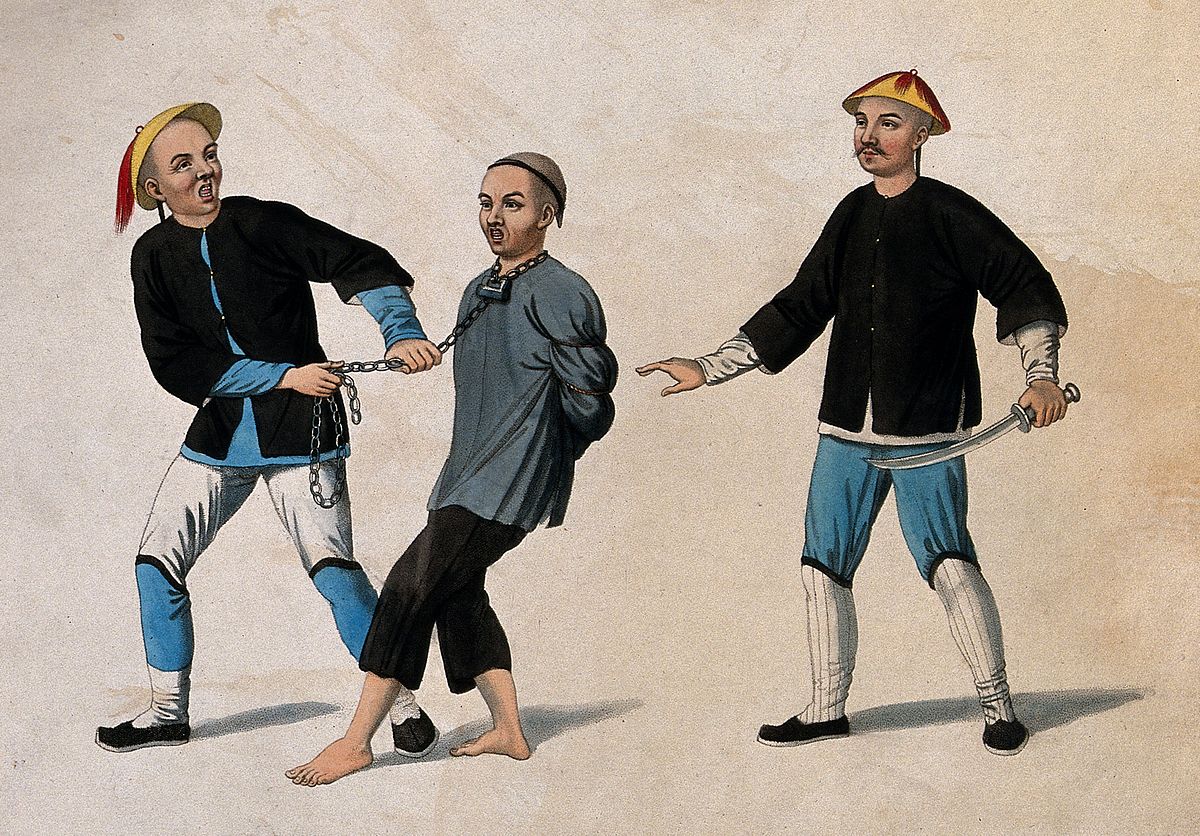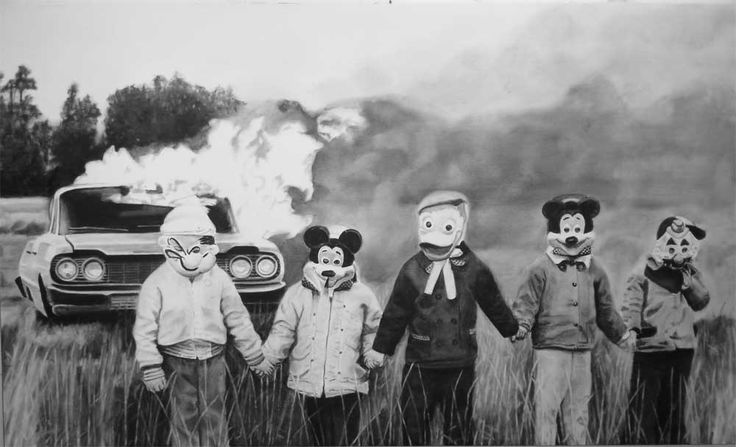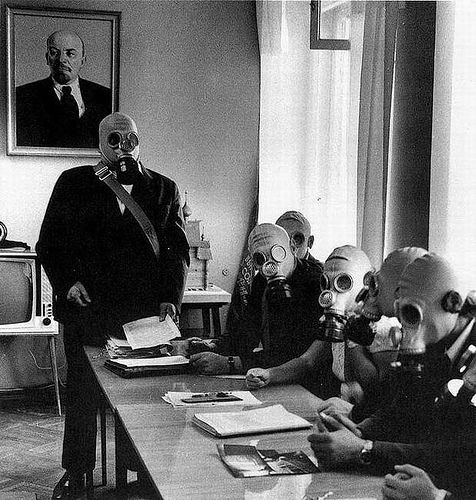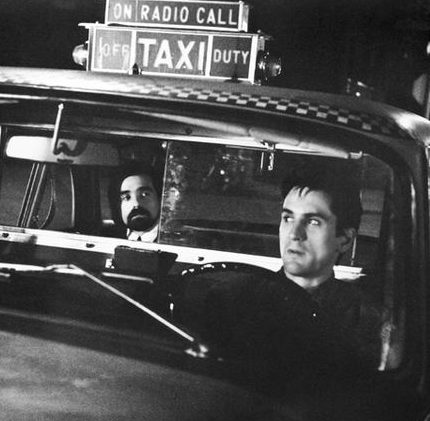From SAY Alec Baldwin in Hollywood, and 10 movie executives will tell you that he blew his last movie deal, that if he’d played his cards right, he could have been Bruce Willis.
This is a goal?
Say Alec Baldwin in New York and first you have to explain what the movie deal was. (He was set to co-star in Patriot Games, the sequel to The Hunt for Red October, for $4 million, and then co-star in the sequel to Patriot Games for $6 million). He also wanted to act on Broadway in A Streetcar Named Desire, but the timing didn’t work and he lost both movies. In Hollywood this is all seven deadly sins rolled into one. Here, the reaction is equally incredulous: He was going to do the sequel to a sequel? Please.
In New York, at least, Mr. Baldwin can do no wrong. His acting, whether on film (Married to the Mob, Working Girl) or on stage (Prelude to a Kiss, Streetcar), is equal parts passion, intelligence and charm. (Read sex.) He was recently nominated for a Tony Award for best actor for his role as Stanley Kowalski, the working-class brute Marlon Brando made famous in Streetcar, co-starring with Jessica Lange as Blanche DuBois, the fallen Southern belle whom Stanley eventually destroys.
Ms. Lange got slammed by the critics. Mr. Baldwin got kissed.
When word got around that the 34-year-old actor would actually grant an interview after a hiatus of almost a year, a campaign began:
Can I come, too?
Can I sit at the table next to you?
Can I sit underneath your table?
The table is at Sarabeth’s Kitchen on the Upper West Side, a place that Mr. Baldwin’s fans go to spot him and his live-in girlfriend, Kim Basinger, eating breakfast at noon, sampling each other’s fingers between courses. The hostess presents a table in the back and identifies the seat he prefers. He arrives a few minutes later, wearing jeans, a white shirt and a navy blazer with ultrablack movie-star shades. Everyone stares with that peculiarly New York mixture of too-cool-to-care and dying-to-see-everything, searching for the tiniest detail to lord over their friends.
Mr. Baldwin produces a package of eye drops, removes his glasses and points to one very blue, very bloodshot eye. “My girlfriend came to my dressing room the other night and gave me two dogs,” he explains. “We have nine in our house in L.A. Anyway, I just need to do this, and then I’ll be back to talk to you like a human being.”
The voice lands like cashmere. Or silk. Or smoke. It could sell you a thousand acres of swampland and leave you begging for more. When he returns, both eyes bluer than heaven, you think about getting up on the table and yelling “Stella!” yourself.
Mr. Baldwin orders a cappuccino and a vegetable sandwich on focaccia, with couscous. He’s trying to be healthy because he’s recovering from the flu and a back injury from the play. He caught cold, he says, because he sprays himself with a water bottle each night before two of his scenes to look sweaty. “In some scenes,” he says, “I sweat naturally from the preparation I do: riding a bike in my dressing room or jumping rope in the basement. I always have to be nice and gooey for Blanche.”
He has to eat on stage, too. “The line in the script is, ‘Your face and fingers are disgustingly greasy,’ so every night they bring me a box from Tony Roma’s with barbecued chicken, corn bread, rice and corn on the cob. I have to make sure that I eat all the rice before the scene ends, since I clear the table by throwing everything on the floor, and the rice can go all over the stage. I had wanted to do it with pasta, but the tomato sauce would splatter the refrigerator.”
He says the show hasn’t left him much of an appetite for dinner: “I won’t touch a piece of chicken outside of work, now. I can’t.”
Mr. Baldwin orders two more cappuccini, then coffee, saying it’s an addiction he won’t surrender. He grinds his own beans from Zabar’s, which his assistant buys for him. You would think if he did it himself there would be a rampage. “People don’t bother me that much,” he says, studiously ignoring the covert investigation still being conducted around him. “But these are problems of abundance, don’t forget.”
As is his Tony nomination for Streetcar, since his is the show’s only nomination. “The Tony is the only award I ever really wanted to win,” he says, though he also expresses regret that the rest of the company was overlooked. His victory is doubly sweet, since he has overcome the inevitable, and by now tiresome, comparisons with Mr. Brando.
“Everybody who’s done the role since 1947 has ripped him off,” Mr. Baldwin says. “But doing that doesn’t interest me. Brando always said he never saw the humor of the character, but I think he’s a real wise guy. I had to make it funny for myself, so I could do it every night of the week for three hours.
“Most people over 45 probably won’t like what I do because they remember him, but people under 45 who won’t have seen him on stage and don’t have much connection to the movie might. I wanted to reintroduce the piece to a generation that doesn’t know the material.”
Aside from fiddling with a packet of Equal, Mr. Baldwin seems relaxed and easy to talk to, somewhat suprising after all the attacks by the press, first for The Marrying Man, the movie that branded him and Ms. Basinger as troublemakers, and then for the Patriot Games deal. He says he thought he could shoot Patriot Games and be finished in time for Streetcar. But he says that Paramount Pictures decided it didn’t want him to do both, and replaced him with Harrison Ford.
“I had spent the better part of a year developing the script for Patriot Games,” he says. “When Hunt for Red October was made it grossed $120 million, so I couldn’t understand why it took so long to develop a sequel.” (One reason was a switch in studio heads last summer).
“The deal dragged on and on,” he continued. “Then all of a sudden, they said, ‘Decide by Thursday at noon, and that’s it,’ pressuring me to choose between the movie and the play.”•


